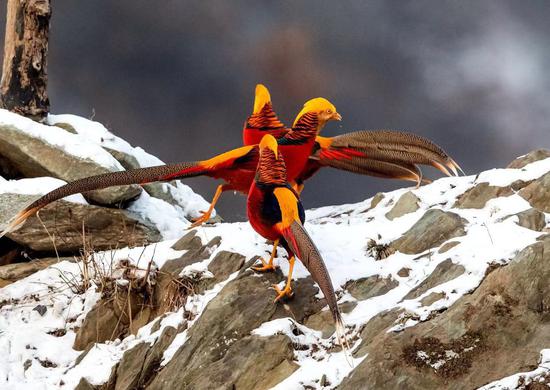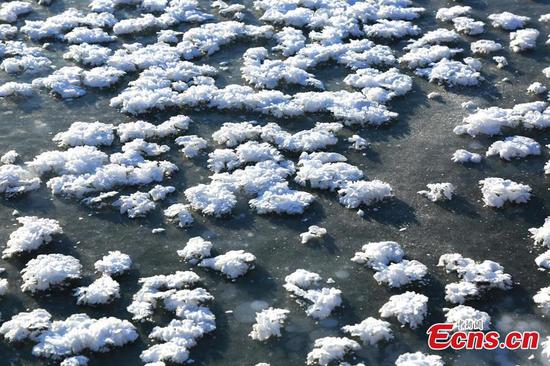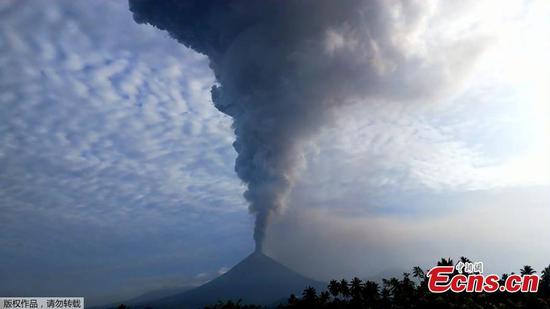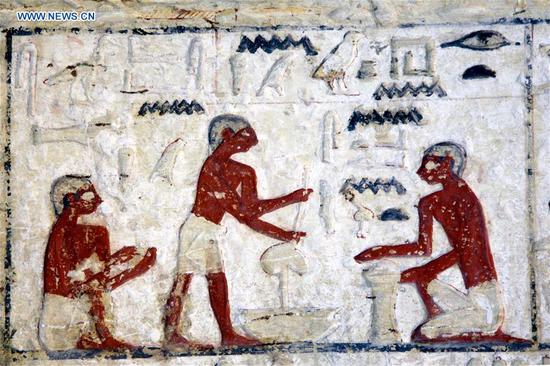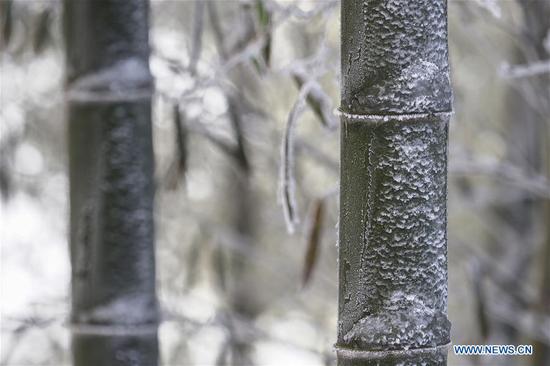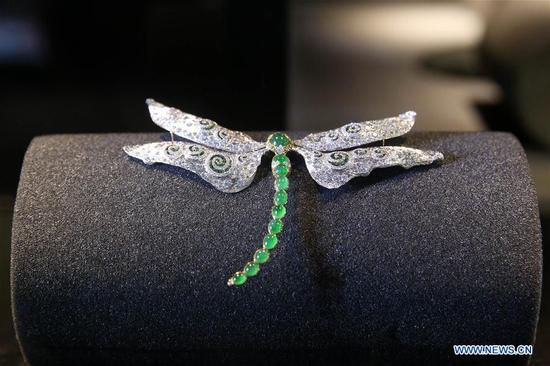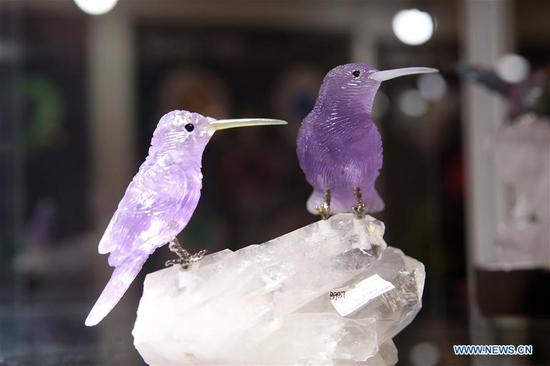WASHINGTON, Dec. 17 (Xinhua) -- The United States space agency NASA confirmed that Saturn is quickly losing its rings due to the planet's magnetic field.
The study published on Monday in the journal Icarus has shown that the iconic rings are being pulled into Saturn by gravity as a dusty rain of ice particles.
The rings of Saturn, a ring system orbiting about the Saturn, consist of countless small particles made almost of water ice with a trace component of rocky material. Their origins remain controversial, but now they are disappearing.
The "ring rain" drains an amount of water that could fill an Olympic-sized swimming pool in half an hour, according to the study's lead author James O'Donoghue with NASA's Goddard Space Flight Center.
The entire ring system will be gone in 300 million years, and taking into account the materials falling into the planet equator, detected by NASA's Cassini spacecraft, the rings may have less than 100 million years to live.
"This is relatively short, compared to Saturn's age of over 4 billion years," said O'Donoghue.
Tiny particles, previously in a balanced position between gravity and their orbital velocity, can get electrically charged by ultraviolet light from the Sun or by plasma cloud from small meteoroid bombardment, which changes the balance dramatically, according to the study.
Then, the ring particles will drop into Saturn's upper atmosphere where they vaporize and the water can chemically react with Saturn's ionosphere. Those reaction led to an increase in the lifespan of electrically charged particles called H3 ions and those ions, energized by sunlight, can glow in infrared light, according to the study.
The NASA team observed the infrared light with Keck telescope in Hawaii.
"We are lucky to be around to see Saturn's ring system, which appears to be in the middle of its lifetime. However, if rings are temporary, perhaps we just missed out on seeing giant ring systems of Jupiter, Uranus and Neptune, which have only thin ringlets today," said O'Donoghue.














